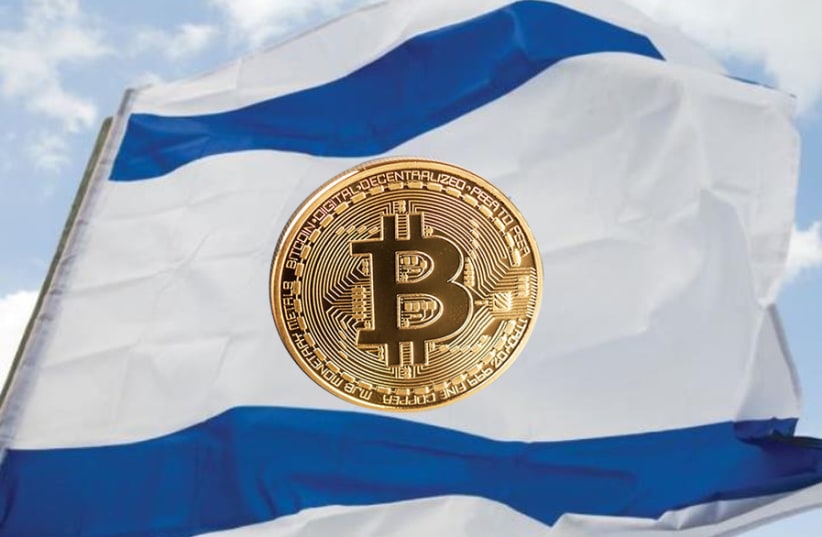Is a digital shekel on the way? The Bank of Israel said Tuesday that as cryptocurrencies gain greater acceptance worldwide, it is preparing an action plan for how it could offer a digital currency.
The central bank has been examining the issue of central bank digital currencies since 2017, and has yet to make any decisions. However, it said, “in view of the rapid developments in the digital economy and in payments, and in view of the major central banks’ work on the issue, the Bank of Israel is accelerating its research and preparation for the potential issuance of a digital shekel.”
A CBDC would rely on distributed ledger technologies such as blockchain, but would be essentially different from the cryptocurrencies like Bitcoin that are popular today. Most importantly, while cryptocurrencies do not belong to any specific country and some are characterized by having no central authority to manage them, a CBDC issued by a country’s central bank would be regulated by the relevant authorities, the Bank of Israel explained.
In recent years, there have been significant and very rapid changes in the payments market in Israel and abroad. While no central bank in an advanced economy has yet announced a decision to initiate a project that would lead to the central bank issuing a digital currency, there has recently been an apparent change in global sentiment on the matter, and the central banks in a number of major world economies have begun exploring the possibilities of issuing a CBDC alongside existing means of payment.
The Bank of Israel stressed that it has no current plans to launch a digital currency, and that doing so could bring a number of risks. However, it noted a number of potential advantages to such a project, including adding another efficient payment alternative for the digital age; ensuring Israel’s adaptation to the needs of the future digital economy; ensuring the proper functioning of payment systems during emergencies or breakdowns; creating an efficient infrastructure for cross-border payments; maintaining the public’s ability to use digital means of payment while ensuring a certain level of privacy; and support a government policy to reduce the use of cash in the struggle against the “shadow economy.”
To this end, the Bank of Israel drafted a model, titled “A Bank of Israel Digital Shekel – Potential Benefits, Draft Model, and Issues to Examine,” and has requested the public’s input.
